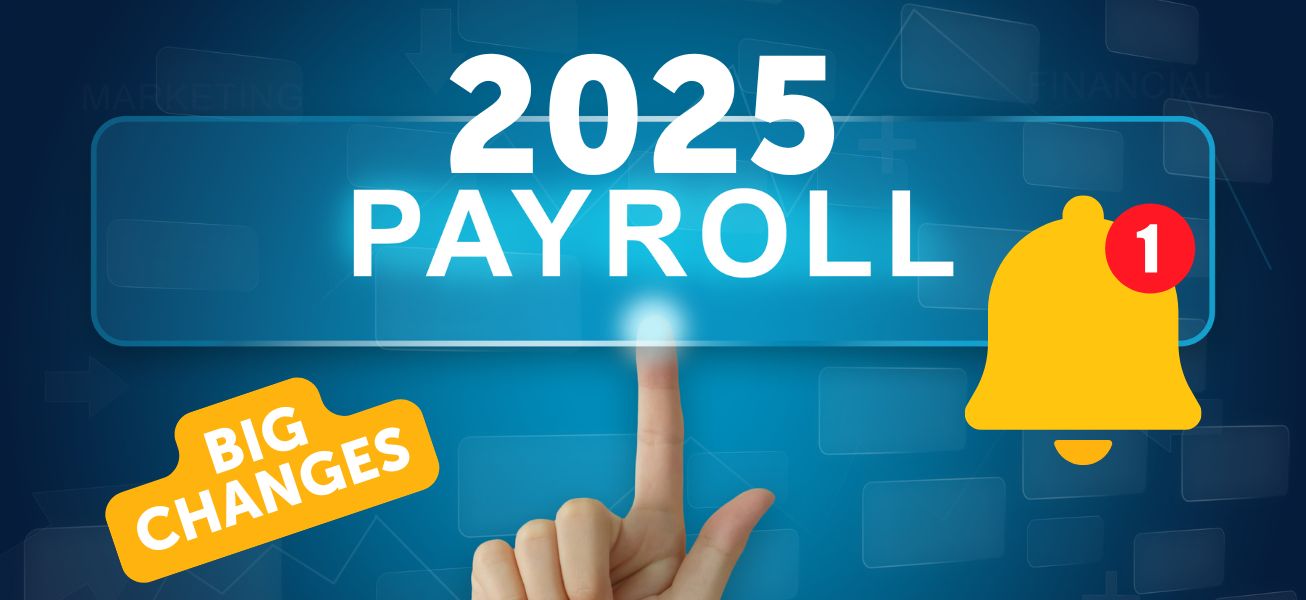Payroll Changes After SHIF Ruling
On June 23, 2025, the High Court of Kenya ruled that the 2.75% SHIF deduction from gross salary is unconstitutional. The court found that this deduction amounts to double taxation, as it reduces gross income before the standard Pay As You Earn (PAYE) tax is applied. Justice Lawrence Mwita declared the deduction violates both the Income Tax Act and the Constitution of Kenya.
This ruling has immediate implications for payroll processing across the country.
What the Ruling Means
a. The 2.75% SHIF deduction can no longer be applied to gross salary.
b. Employers must stop all SHIF deductions immediately.
c. Payroll systems and employee payslips will need updates to align with the new legal position.
Payroll Adjustments Employers Must Make
a. Halt SHIF Deductions
Employers are legally required to stop deducting SHIF contributions from employees' gross salaries immediately. Continuing these deductions could expose employers to penalties or legal action.
b. Update Payroll Software and Systems
Automated payroll systems must be reconfigured to remove SHIF from statutory deductions. Employers should ensure that:
a. Employee gross and net pay calculations are corrected.
b. P9 forms and year-end tax summaries reflect accurate PAYE computations.
c. Review Past Deductions
Employers should assess whether January to June 2025 SHIF deductions were made. Pending official guidance, they may need to prepare refund mechanisms for these amounts.
d. Monitor for Government Updates
The government may issue new regulations or appeal the ruling. Employers should stay informed through KRA updates, Ministry of Health notices, and employment law advisories.
What Employees Should Know
a. Check your latest payslip to ensure the SHIF deduction has been removed.
b. If your employer deducted SHIF in recent months, keep records. These may be required for refunds once a formal process is issued.
c. Understand that your net salary may increase, since 2.75% will no longer be deducted from your gross income.
Broader Impact on Tax and Compliance
The High Court ruling clarifies that statutory deductions must not violate tax law or be applied without a legal framework. This precedent reinforces:
a. The need for public participation before implementing national deductions.
b. Proper alignment between statutory deductions and the Income Tax Act.
c. Transparent frameworks for managing funds collected from employees.
What Comes Next?
a. Potential Appeal: The government may challenge the ruling, though no stay order has been issued.
b. Revised Legislation: Authorities could reintroduce SHIF with clearer legal grounding.
c. Refund Process: If not appealed or stayed, a nationwide framework for refunding SHIF deductions is likely to be established.
Stay Compliant with Trusted Payroll Support
At FaidiHR, we help businesses stay compliant with Kenyan tax laws and statutory deductions. Our system ensures accurate payroll calculations, employee record keeping, and seamless updates when the law changes.
If you’re unsure how the SHIF ruling affects your payroll setup or want help realigning deductions, we’re here to support you.
Call: +254 702 339 699
Email: sales@faidihr.com
Final Thoughts
The SHIF ruling is a critical moment for Kenya’s employment and tax landscape. Employers and employees must respond quickly to ensure payroll compliance and protect employee rights. As this legal and policy situation evolves, staying informed is the key to avoiding errors and maintaining lawful operations.
If your organization needs help interpreting the ruling or adjusting your payroll system, FaidiHR is ready to assist.





